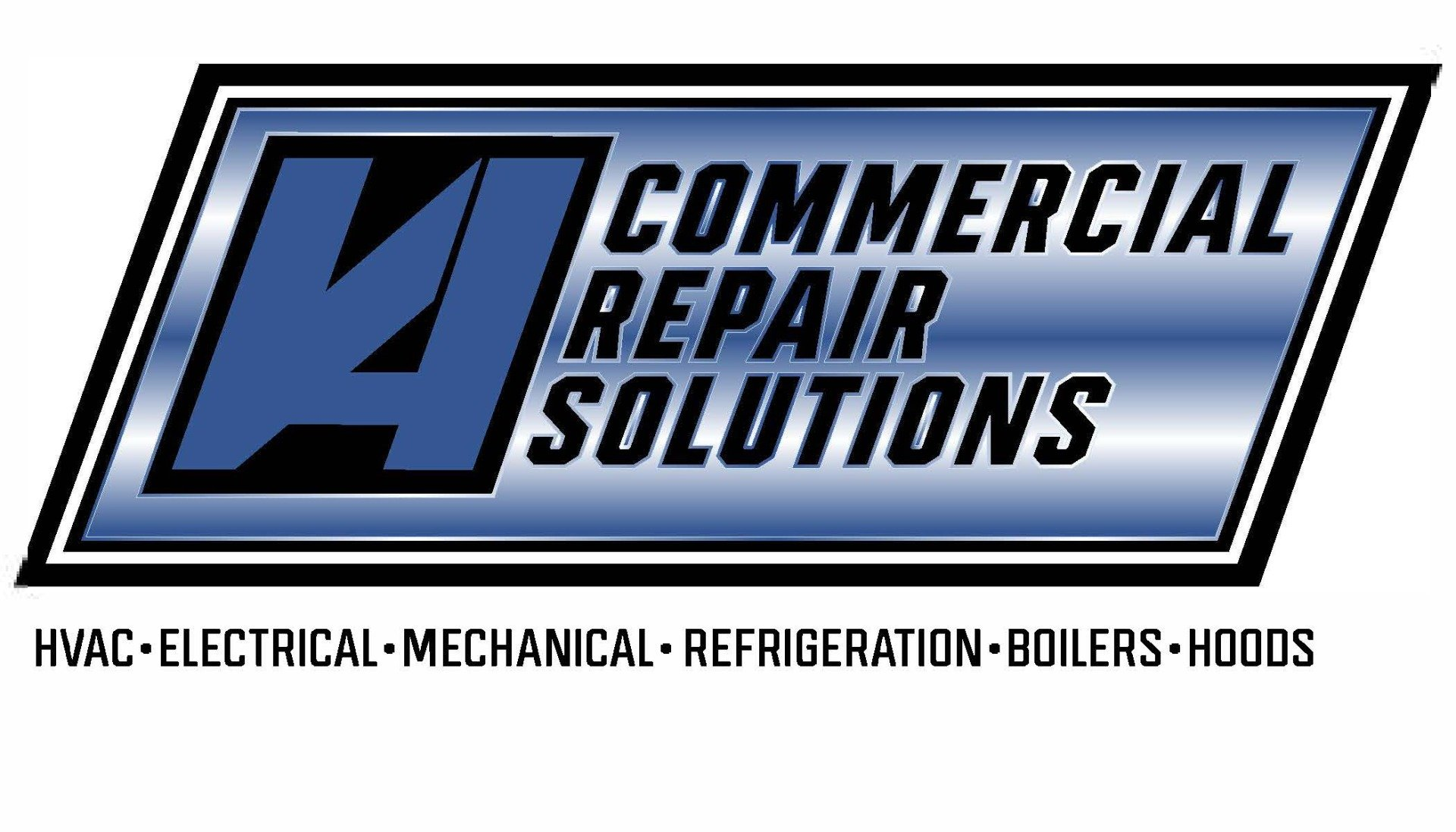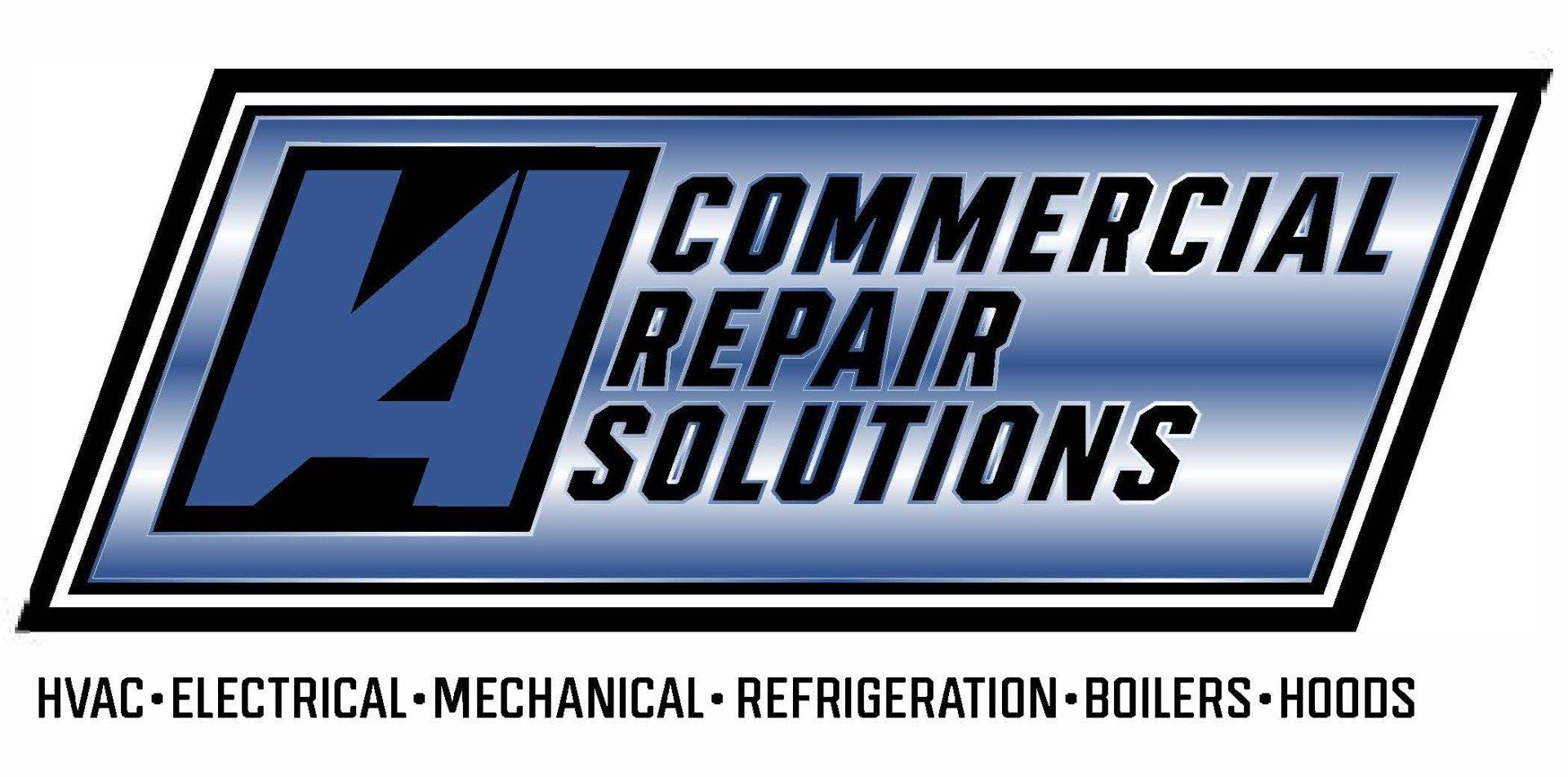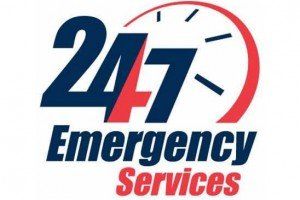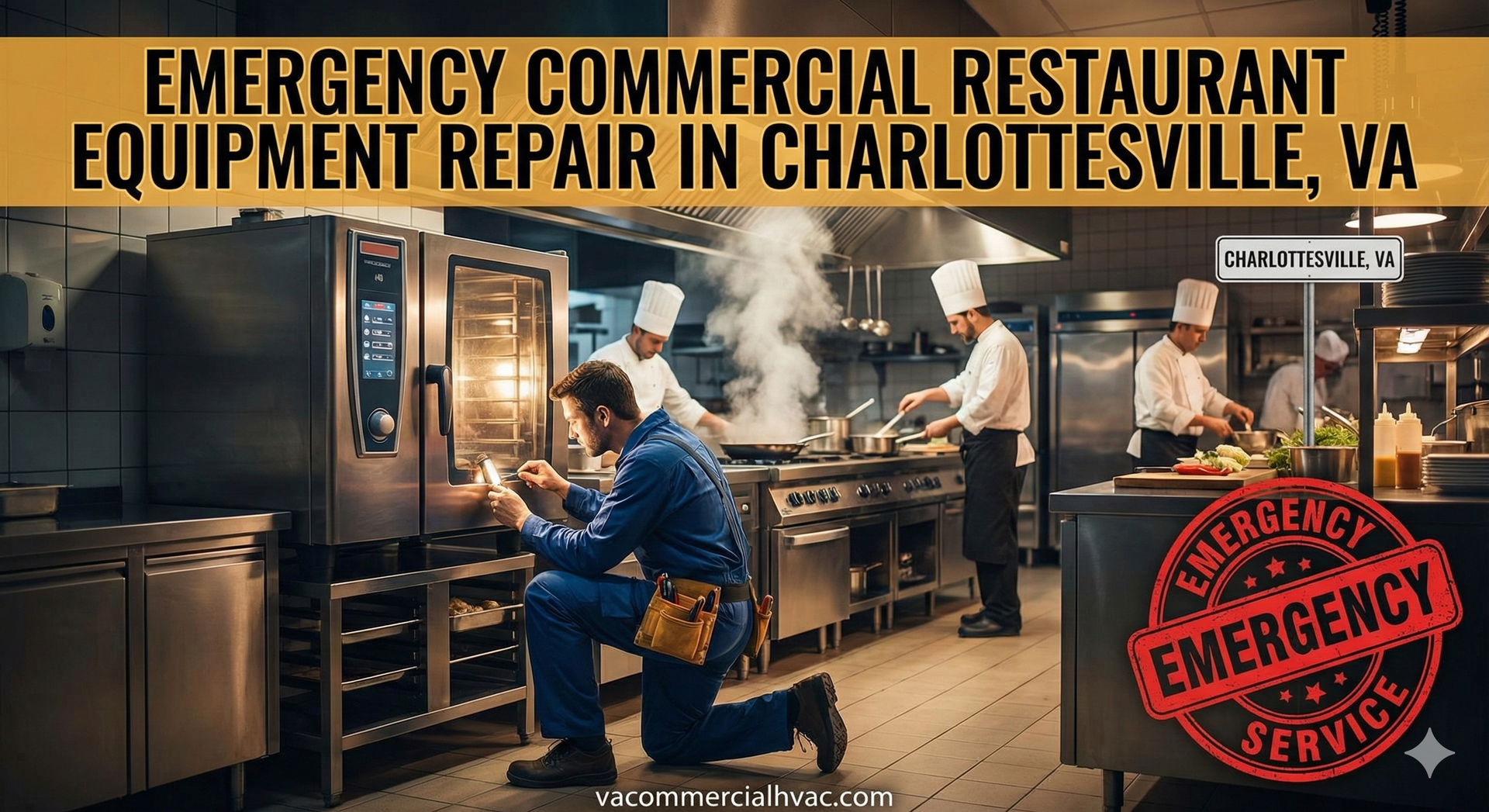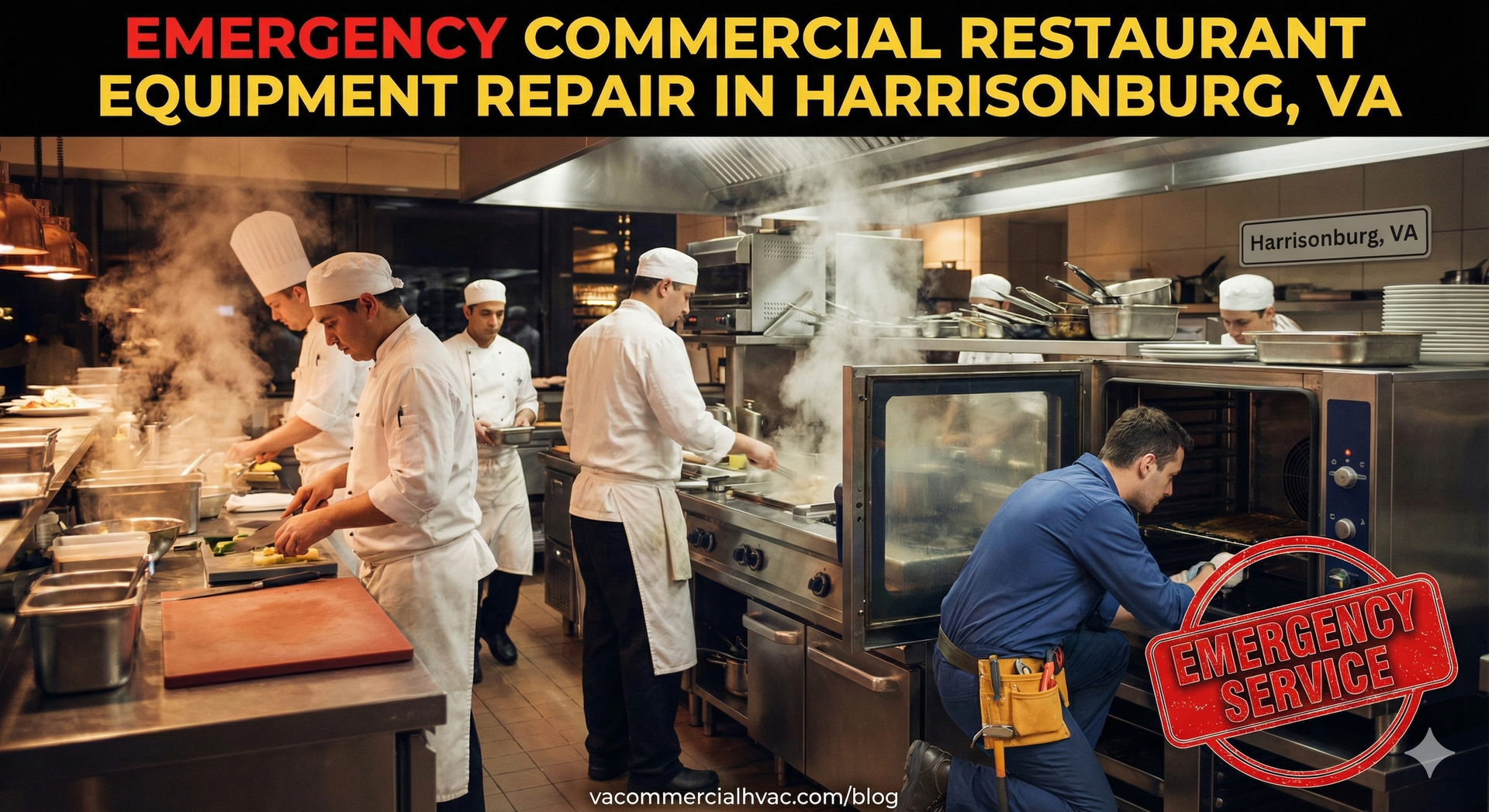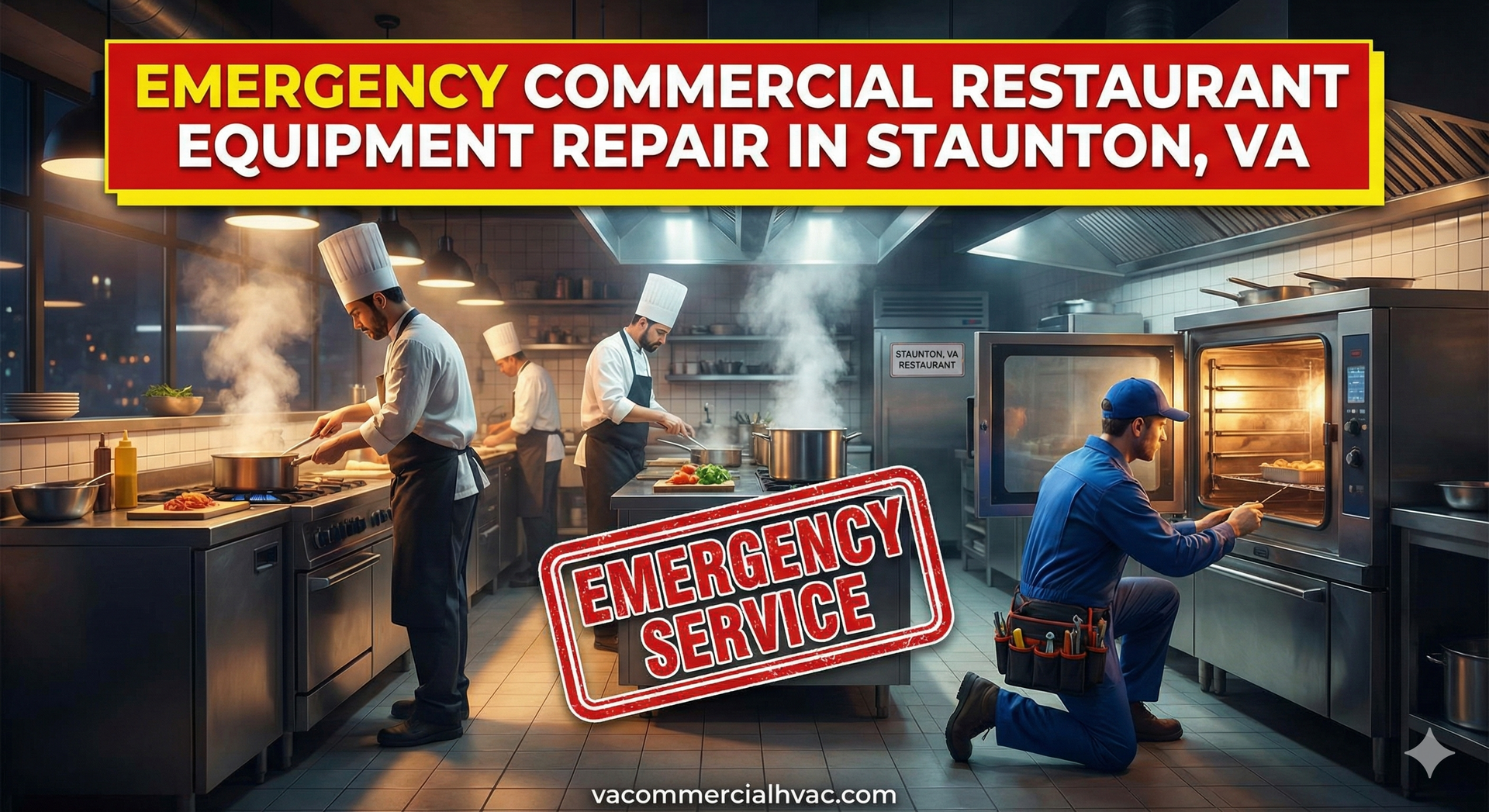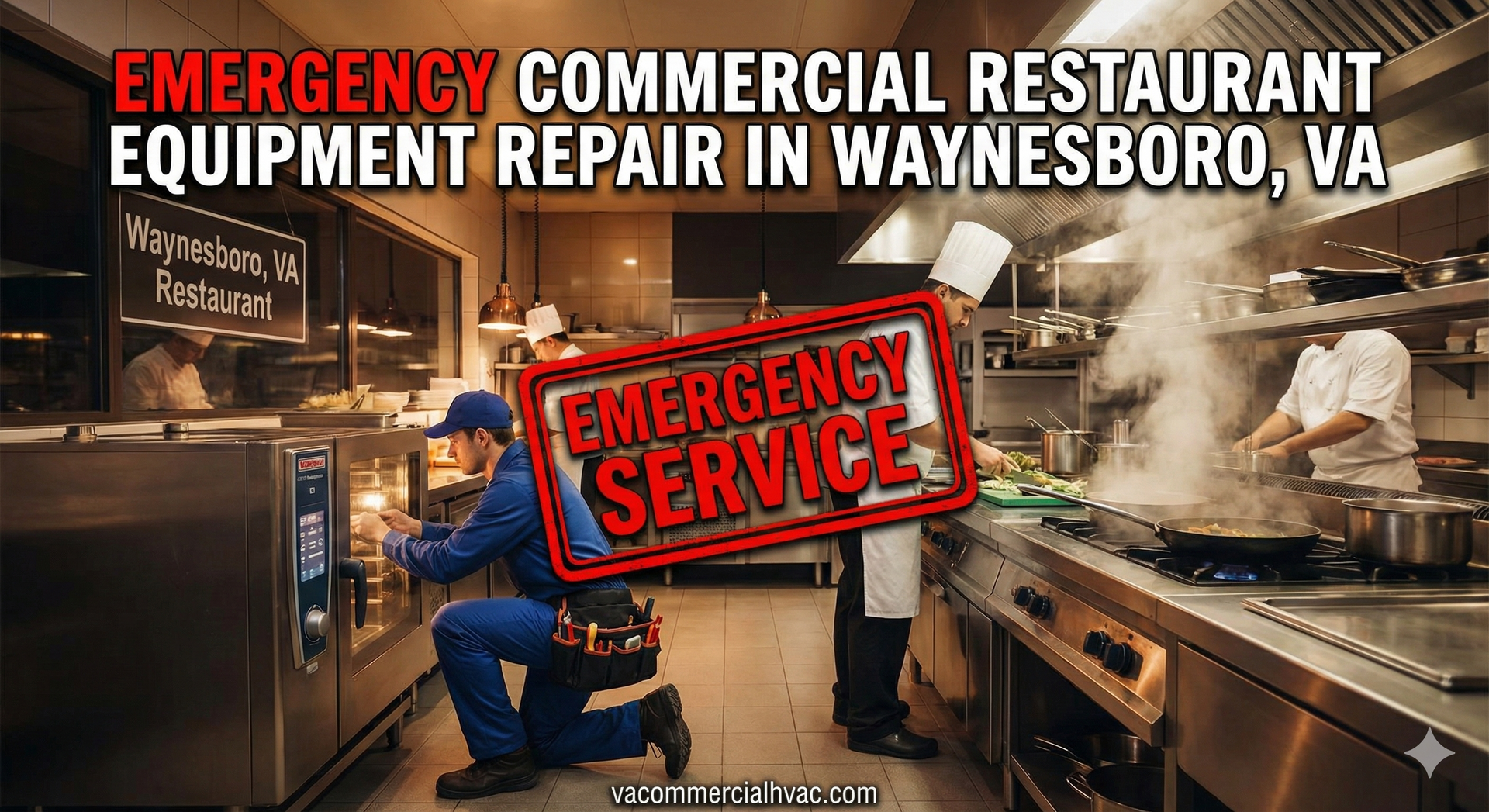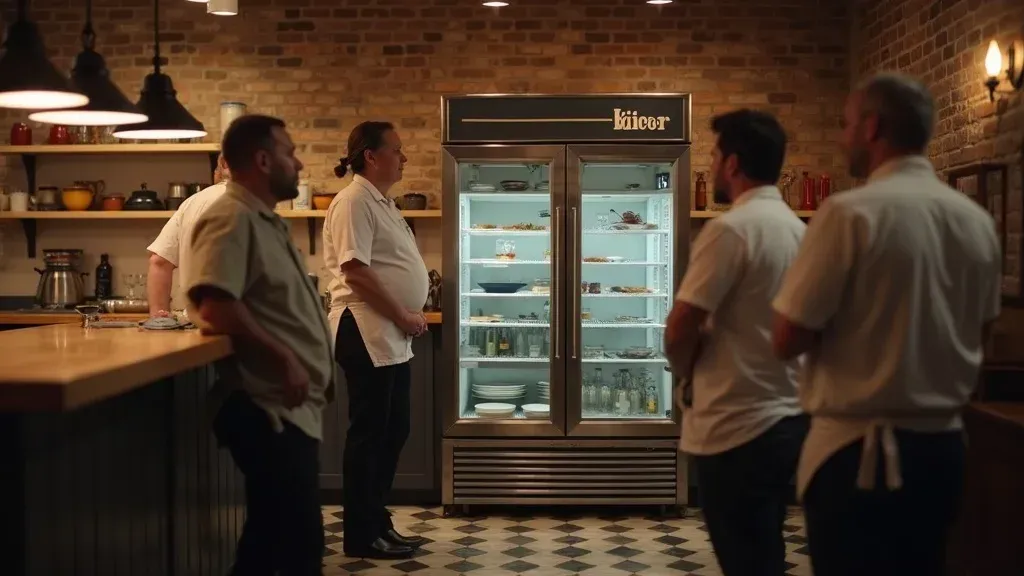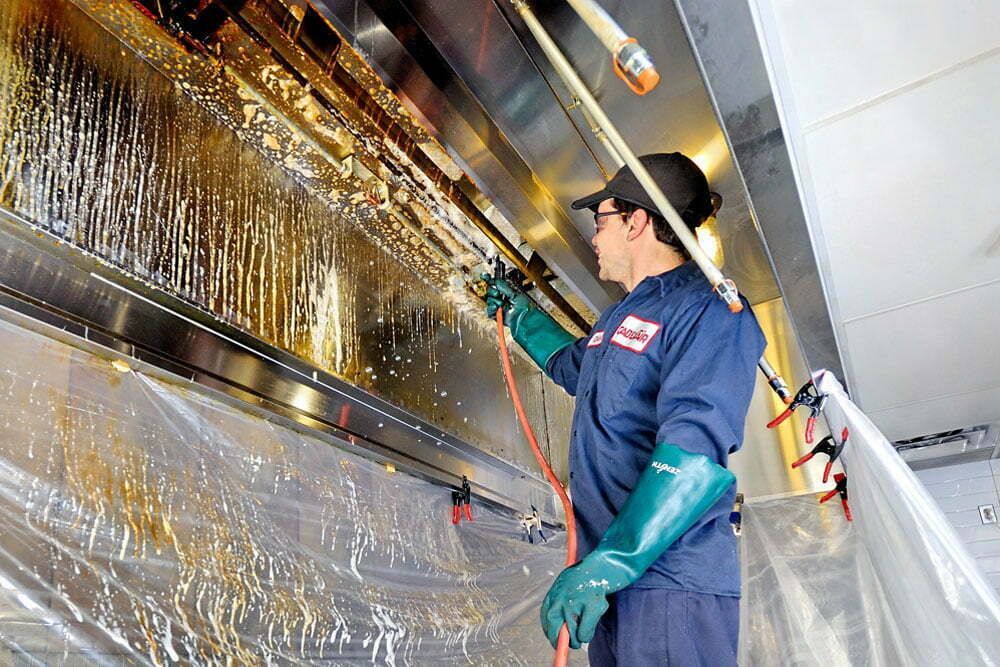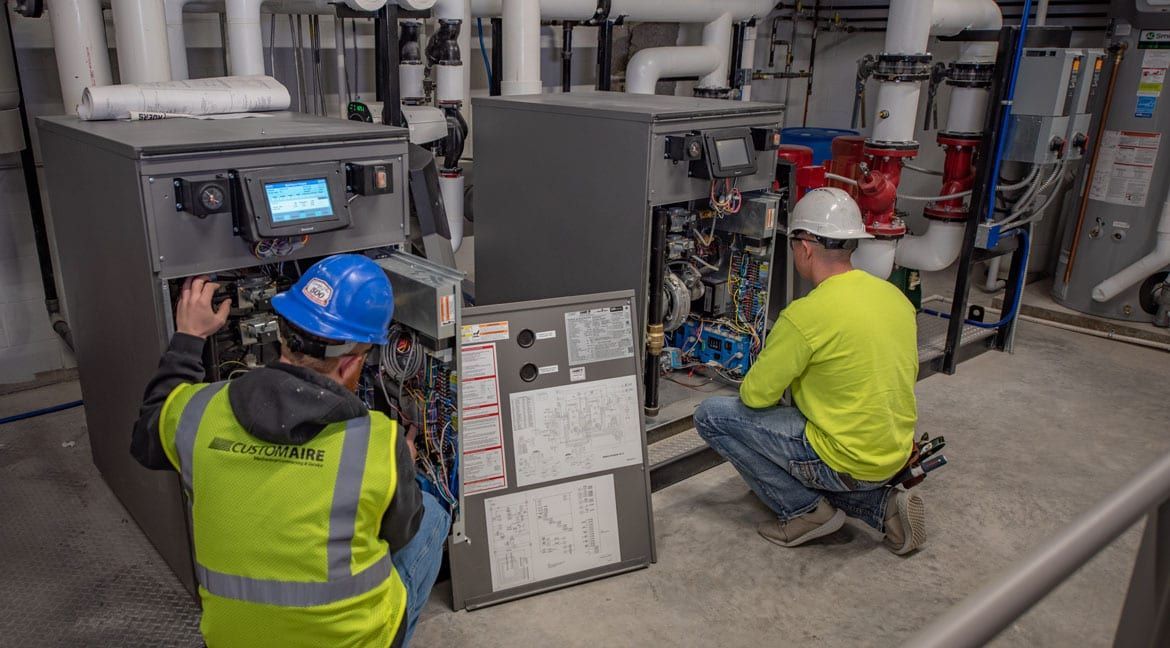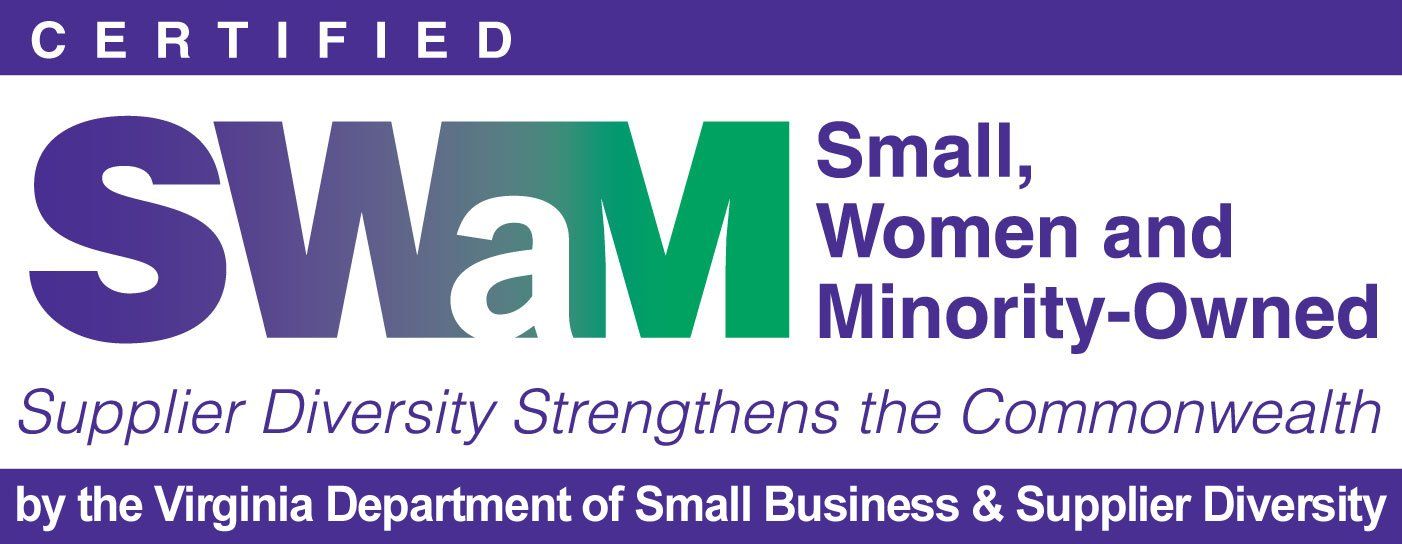Commercial Boiler Repair in Charlottesville: Keep Your Business Warm, Safe, and Energy-Efficient
Expert Commercial Boiler Repair in Charlottesville — Reliable Service, Lower Costs, Safer Operations
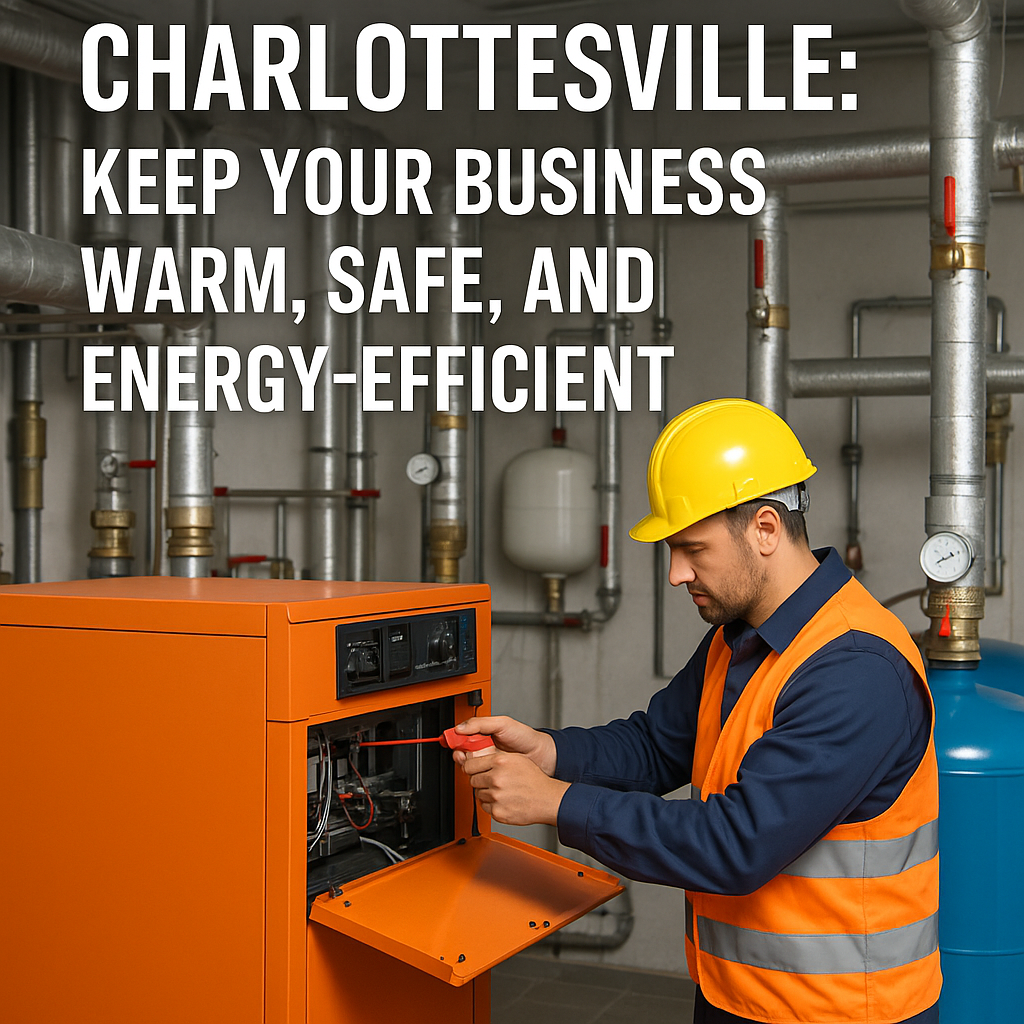
When your boiler falters, everything stalls—kitchens go cold, guest rooms lose hot water, labs risk temperature-sensitive experiments, and offices become uncomfortable fast. In a competitive Charlottesville business climate shaped by higher education, healthcare, hospitality, and a growing tech/startup scene, downtime is costly and reputation-damaging. The good news: with a proactive plan and the right local partner, you can keep heat steady, energy costs predictable, and safety fully compliant.
VA Commercial Repair Solutions specializes in commercial boiler repair in Charlottesville, rapid emergency response, and strategic upgrades that improve comfort, safety, and operating margins. Below you’ll find a research-driven guide to boiler repair, replacement, and maintenance—plus practical steps for energy efficiency and compliance in Virginia.
About VA Commercial HVAC: Trusted, Local, Commercial Heating Expertise
VA Commercial Repair Solutions serves Charlottesville, Staunton, Harrisonburg and Central Virginia businesses with commercial boiler repair, replacement, and ongoing maintenance.
Their team understands the local building stock—historic properties on and around Downtown Mall, university-adjacent facilities, hospitality venues, medical offices, and light industrial spaces—and tailors solutions to each site’s age, controls, hydronic distribution, and load profile.
- Emergency Service & Diagnostics: Same-day triage and priority dispatch for critical heat/hot water issues.
- All Boiler Types: Gas, oil, steam, and hydronic systems; high-efficiency condensing and modular systems.
- Lifecycle Guidance: Repair when it’s cost-justified; replace when efficiency, reliability, and incentives tip the scale.
- Local Accountability: A partner you can reach, schedule with, and see onsite—fast.
Understanding the Stakes: Comfort, Safety, Compliance & Cost Control
A commercial boiler is mission-critical infrastructure. Neglecting issues—leaks, pressure swings, ignition or combustion faults, scaling, or controls drift—can lead to excess energy use, unplanned outages, and safety hazards. Virginia also regulates boilers and pressure vessels, so staying compliant isn’t optional. The Virginia Boiler & Pressure Vessel Safety Act sets inspection requirements for power and heating boilers (e.g., annual certificate inspections for power/high-pressure boilers; biennial for heating boilers). See the Boiler & Pressure Vessel Safety program page and the Code of Virginia’s Boiler and Pressure Vessel Safety Act for specifics.
Key risks of waiting on repairs:
- Escalating energy costs as efficiency drops (fouled heat exchangers, failed sensors, poor combustion).
- Higher failure probability during cold snaps, when load is highest.
- Compliance exposure if inspections reveal deferred defects.
- Collateral damage to pumps, valves, and distribution piping from chronic short-cycling or overheating.
Commercial Boiler Repair Services in Charlottesville, VA
Fast Diagnostics & Targeted Repairs
VA Commercial Repair Solutions HVAC begins with instrumented diagnostics—combustion analysis, flue gas readings, stack temperature/oxygen, and verification of safety interlocks (LWCO, pressure controls, gas valves, flame sensors). Repairs focus on root causes: air/fuel mixture, burner fouling, control calibration, condensate management (for condensing units), and hydronic flow balance.
Steam & Hydronic Expertise
Whether you run a steam boiler for process loads or hydronic heating for office comfort, technicians address pressure/temperature anomalies, water quality problems, and distribution bottlenecks. They’ll also assess traps, expansion tanks, and variable speed pumping to stabilize delta-T and prevent short-cycling.
When Repair Isn’t Enough—Planned Replacement
When parts availability, corrosion, or chronic outages pile up—and fuel spend is ballooning—a high-efficiency condensing boiler (often with modular, staged units) can reduce energy consumption and improve redundancy. ENERGY STAR® commercial boilers are about 14% more efficient than standard models and can save businesses $1,440+ per year on average, with massive national savings if broadly adopted. See ENERGY STAR Commercial Boilers for performance criteria and savings context.
Code & Efficiency Standards Every Facility Manager Should Know
Virginia Inspection & Safety
Virginia requires ASME construction and registration for most boilers/pressure vessels; the state sets inspection cadences and prohibits returning unsafe equipment to service until corrected. For official guidance, consult Virginia DOLI Boiler & Pressure Vessel Safety and the Boiler and Pressure Vessel Rules & Regulations (PDF).
Federal Efficiency Standards & Best Practices
The U.S. Department of Energy (DOE) governs commercial packaged boiler efficiency standards and procedures under EPCA; see DOE Commercial Packaged Boilers and the Federal Register update (Sept 19, 2023) for the latest on standards. For purchasing guidance (even for non-federal buyers), consult FEMP’s efficiency requirements.
Design Insights: Condensing & Modular
Condensing boilers thrive with low return water temperatures and high turndown ratios, maximizing operating hours in condensing mode. Modular systems can improve part-load efficiency and resilience.
Charlottesville Business Climate: Why Heat Reliability Is a Competitive Edge
Charlottesville’s economy blends higher education (UVA), healthcare, bioscience, defense/security, hospitality, and creative/tech—with above-average educational attainment and a strong talent pipeline. The city’s current Economic Development Strategic Plan (2024–2028) highlights a diverse, innovation-oriented economy, while regional strategy work (CEDS) emphasizes resilience and emerging industries.
Explore the City’s Economic Development Strategic Plan (PDF) and the TJPDC Comprehensive Economic Development Strategy (2024–2029) (PDF).
The University of Virginia is an anchor institution with far-reaching impact. UVA’s research enterprise alone is responsible for one in five jobs created or supported by the University and generates $644.5 million in annual economic impact. See UVA’s Economic Impact or the University’s Measuring Impact overview.
For networking, resources, and business advocacy, the Charlottesville Regional Chamber of Commerce connects the area’s diverse businesses and civic organizations and outlines its mission to strengthen the regional economy.
What this means for facilities:
- Peak winter reliability is essential for hospitality (guest comfort), healthcare (patient safety), labs (process control), restaurants (hot water demand), and offices (tenant satisfaction).
- Predictable operating costs help businesses navigate macro headwinds while maintaining service quality.
- Sustainability and efficiency goals align with UVA-driven innovation culture and city initiatives focused on resilience.
Charlottesville Climate: Planning Heat Capacity & Maintenance Windows
Charlottesville winters are moderately cold, with January averages around 47°F/30°F and a typical snowfall window from December through late winter, peaking in early February. Long-term summaries show ~15–17 inches of annual snowfall depending on the dataset and station. See WeatherSpark’s Charlottesville climate profile, US Climate Data, and the WRCC climate summary.
Operational takeaway: Plan boiler upgrades and invasive maintenance outside the coldest months and ensure your service partner has parts on hand ahead of peak season.
Maintenance That Pays for Itself (and Prevents 3 A.M. Emergencies)
A disciplined maintenance plan improves safety, reduces fuel spend, and extends asset life. VA Commercial HVAC’s Commercial HVAC Maintenance Plan is purpose-built for Charlottesville’s seasonal profile and code environment.
What the Maintenance Plan Covers
- Scheduled Inspections & Combustion Analysis: Verify combustion, adjust air/fuel ratios, and confirm safety circuits.
- Water Quality & Treatment: Scaling and corrosion prevention; check separators and condensate neutralizers.
- Controls & Sensors: Calibrate outdoor reset curves, supply/return sensors, and verify turndown/valve actuation.
- Distribution Health: Pump performance, delta-T checks, expansion tanks, air elimination, and valve function.
- Documentation & Compliance: Maintenance logs that support Virginia inspection requirements.
Explore the Commercial HVAC Maintenance Plan to see what’s included and how priority service works.
Why Proactive Beats Reactive
- Lower Energy Use: Clean heat exchangers and tuned combustion reduce excess fuel burn.
- Fewer Outages: Catch failing igniters, sensors, and pumps before peak loads.
- Longer Equipment Life: Stable operations reduce thermal stress and short-cycling.
- Better Comfort: Tighter control bands, consistent hot water, quieter operations.
Energy Efficiency & Sustainability: From Quick Wins to Major Upgrades
Quick Wins Most Sites Miss
- Optimize Reset & Setpoints: Use outdoor reset to match boiler supply temperature to load; this unlocks condensing hours and steadier control.
- Water-Side Hygiene: Descale heat exchangers and manage water chemistry to protect efficiency.
- Air-Side Balance (Terminal): If coils are starved or flow is unbalanced, the boiler will overwork.
- Insulate Piping: Especially near mechanical rooms and in unconditioned shafts.
- Sequencing: Stage multiple boilers to maintain higher efficiency at part load.
High-Efficiency & Modular Condensing Systems
If your existing unit is older or oversized, a condensing, modular boiler plant can cut fuel use and add redundancy. ENERGY STAR notes thermal efficiency criteria and typical savings for commercial boilers; learn more at ENERGY STAR Commercial Boilers and Boilers | ENERGY STAR.
The ENERGY STAR Commercial Boiler Design Guide (PDF) outlines control strategies, variable-speed pumping, and modular designs that maximize condensing operation.
Standards & Procurement
Even if you’re not a federal buyer, the DOE FEMP efficiency specifications are an excellent benchmark for RFPs and capital planning. For context on current federal standards and definitions, review DOE’s Commercial Packaged Boilers and the Federal Register update.
H2: Boiler Repair vs. Replacement: A Charlottesville Facility Checklist
Choose Charlottesville Restaurant Repair when:
- Parts are available, the heat exchanger is sound, and failures are isolated.
- Energy use is stable post-tuning, and you can pass inspections.
- The business case doesn’t justify capex this fiscal year.
Choose replacement when:
- You’re facing repeated outages in winter or safety/inspection failures.
- Fuel consumption is materially higher year-over-year despite maintenance.
- You could gain double-digit efficiency with ENERGY STAR condensing/modular systems, improving ROI and resilience. ENERGY STAR commercial boilers offer a data-backed path to savings.
Pro tip: plan replacements in shoulder seasons and leverage staged installation to minimize downtime.
H2: Industries We Support Across Charlottesville
- Higher Education & Research: Labs, residence halls, dining—reliant on steady hot water and precise temperatures. (See UVA’s Economic Impact for the University’s scale.)
- Healthcare & Life Sciences: Clinics, medical offices, bioscience facilities—risk and compliance sensitive.
- Hospitality & Food Service: Hotels, restaurants, and event venues—guest satisfaction depends on comfort and hot water availability.
- Office & Mixed-Use: Tenant comfort drives leases and retention.
- Light Industrial & Distribution: Process heat and employee comfort both matter.
- Historic & Adaptive Reuse: Sensitive to envelope limitations; often ideal candidates for modular condensing retrofits.
For connections and local resources, visit the Charlottesville Regional Chamber of Commerce and the City’s Economic Development page. Charlottesville Chamber+1
Frequently Asked Questions
How often should my boiler be inspected in Virginia?
Inspection frequencies are defined by the Virginia Boiler & Pressure Vessel Safety Act (e.g., annual certificate inspections for certain power/high-pressure units; biennial for heating boilers). Confirm your category with your inspector. See Virginia’s Boiler Safety Act and DOLI’s program page.
What size and type of boiler is best for my building?
A load profile and piping review determine whether condensing (with low return temps) or non-condensing is appropriate—and whether a modular plant will reduce cycling and improve part-load efficiency. See design insights in the ENERGY STAR Commercial Boiler Design Guide.
Does Charlottesville’s winter warrant redundancy?
Yes. With average January temps near 47°F/30°F, plus periodic snow, redundancy (N+1) ensures operations continue during maintenance or single-unit faults. Climate references: WeatherSpark and WRCC climate summary.
Authority anchors (trust & E-E-A-T):
- Virginia Boiler & Pressure Vessel Safety
- Boiler & Pressure Vessel Safety Act – Code of Virginia
- ENERGY STAR Commercial Boilers
- DOE Commercial Packaged Boilers
- FEMP: Energy-Efficient Large Commercial Boilers
- Charlottesville Economic Development Strategic Plan 2024–2028 (PDF)
- TJPDC CEDS 2024–2029 (PDF)
- UVA Economic Impact
- Charlottesville Regional Chamber of Commerce
- Charlottesville Climate Profiles: WeatherSpark |
WRCC |
US Climate Data
US Climate Data+11doli.virginia.gov+11Virginia Law+11
Why Choose VA Commercial HVAC
- Local, Commercial Focus: Deep familiarity with Charlottesville’s buildings and business opportunities and challenges.
- Compliance-savvy: Guidance aligned to Virginia inspection requirements.
- Data-driven Efficiency: Combustion analysis, control tuning, and measured results—not guesswork.
- Planned Redundancy: Modular/condensing strategies for uptime.
- Responsive Service: Priority scheduling through the Maintenance Plan.
Ready to reduce downtime and fuel spend? Book service on the Boiler Repair & Replacement page or enroll in the Commercial HVAC Maintenance Plan.
Next Steps—Protect Heat, Budget, and Compliance
- Schedule a Boiler Health Check: Baseline combustion, verify sensors, and confirm safeties.
- Review Compliance: Align inspection dates and documentation with Virginia requirements.
- Tune for Savings: Implement outdoor reset, verify turndown, and balance hydronics.
- Plan Capital Proactively: If your unit is aging, model the ROI of ENERGY STAR modular condensing upgrades.
- Lock In Priority Service: Enroll in the VA Commercial Repair Solutions preventive maintenance plan before winter hits.
